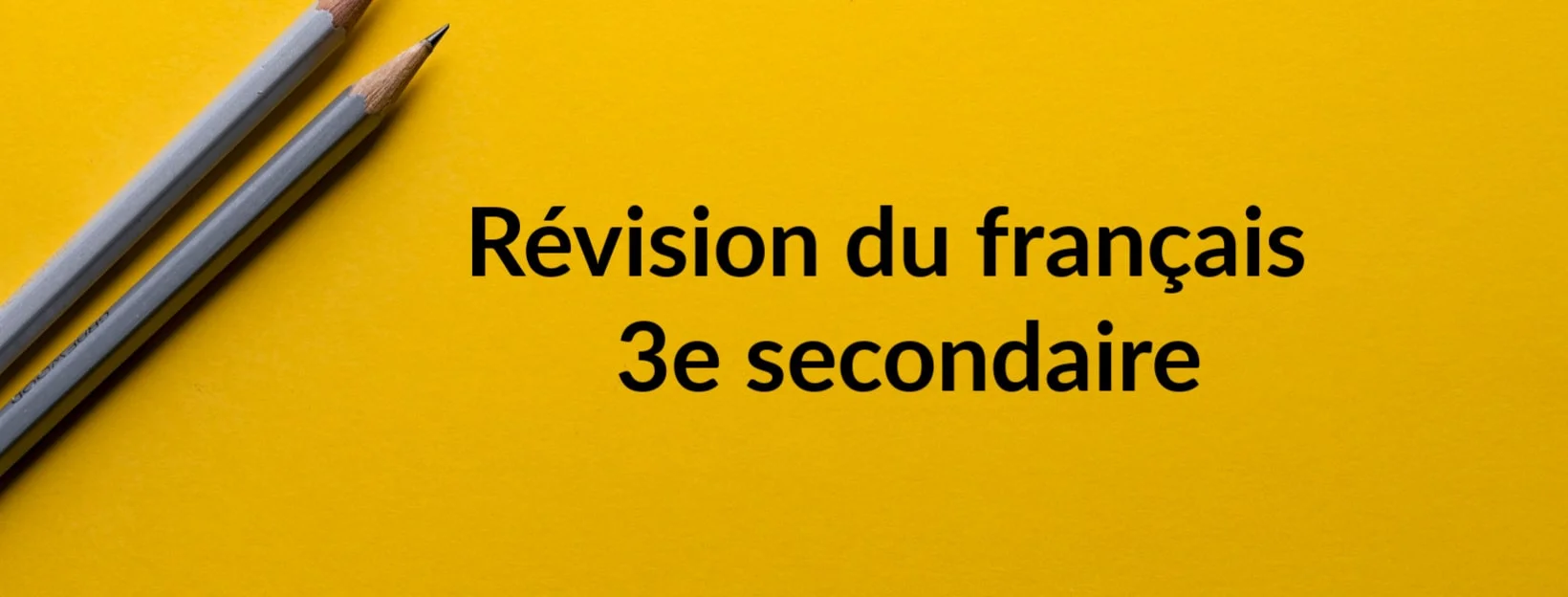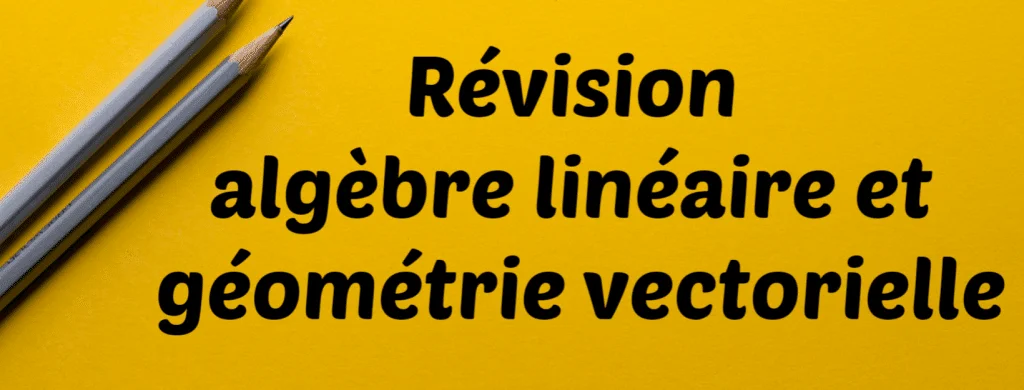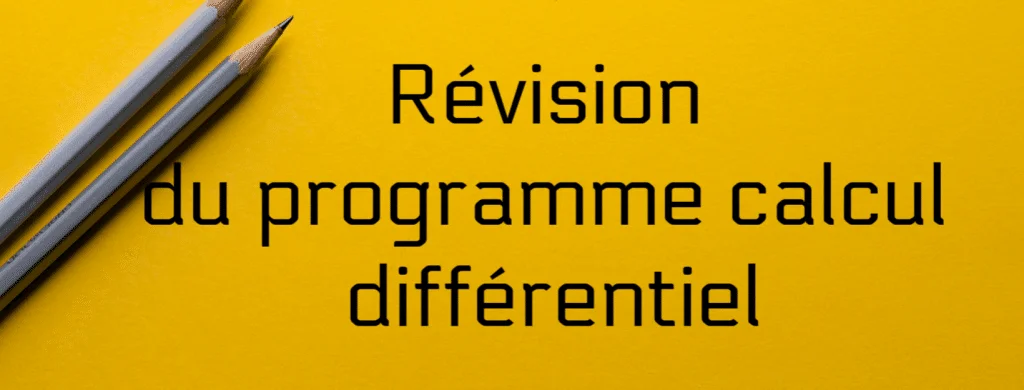And here we are, already more than halfway through high school! The student has just completed the first year of the second cycle. There are now just two short years to go before they reach the final stage of secondary school. In 3rd year of secondary school, there’s a whole range of French skills to acquire! Here’s a revison of French in Secondary 3. This knowledge is in line with the Quebec Education Program, available on the Ministry of Education and Higher Education of Quebec website.
Revision of French in Secondary 3
During high school, students develop their writing, speaking and reading skills. To this end, they will explore popular articles aimed at helping students understand a fact, situation or phenomenon, chapters from science and technology or social studies textbooks, and summaries of newspaper articles or other media (full text or excerpts).
Literary genres studied in Secondary 3
In Secondary 3, the importance of writing is increasingly emphasized; students are called upon to work on explanation, which consists in presenting elements related to a fact, a complex situation or a phenomenon of a natural, social or moral nature by establishing causal links so as to answer the question why? or an equivalent question. They understand the role and value of linguistic and textual devices in explaining reality, and make use of these devices. Students will also study the lyric poem, the tale (fantasy, modern or traditional), the legend, the myth, the creation story and the historical novel or novel of chivalry, the original or transformed tale (fantasy, modern or traditional) and the creation story.
The weighting on his or her report card is the same from Secondary 1 to Secondary 4: 40% in reading (reading and appreciating a variety of texts), 40% in writing (writing a variety of texts) and 20% in oral communication (being able to communicate orally in a variety of ways).
By the end of Secondary 3, your child should be able to :
- Recognize words of learned composition (e.g., anthropologist, carnivore).
- Recognize borrowings (e.g.: wapiti, yogurt, rafle), the use of regionalisms (e.g.: débarbouillette, dispendieux, poutine), criticized borrowings and anglicisms (e.g.: chum, line up, appointement).
- Recognize and use the nominal pronoun (which has a meaning in itself) (e.g.: on, quelqu’un, personne, rien, quiconque, nulle part, l’un… l’autre).
- Use syntactic manipulations to agree determiners, often in opposition to other word classes (e.g.: everything).
- Recognize or use sentences with special constructions (e.g., the non-verbal sentence “No driving”).
- Recognize or use emphatically transformed sentences (e.g.: with displacement, as in the sentence “L’automne, c’est ma saison préférée”).
- Use nuances of meaning (e.g.: disrespectful, insolent, brazen) and varieties of language (e.g.: cheeky, brazen).
- Agree the adjective with several singular nouns juxtaposed or coordinated by ni, ainsi que, de même que and comme.
- Use the subordinate-complementary sentence in writing (e.g.: the adjective-complementary sentence such as “Your parents are happy you’re back”).
- Use an analogical or methodical dictionary to identify lexical fields and word families, and to expand vocabulary.
- Use a language dictionary to identify the etymological origin and family of a word, and the possible constructions of a word, i.e. what a word can be associated with (e.g.: bring your lunch, but not your dog; leave to, from, for).
- In addition to the verb tenses already acquired in Secondary 1 and 2, students in Secondary 3 learn other tenses that revolve around the passé simple: either to express anteriority (the plus-que-parfait, the passé antérieur…), or to express the past. E.g.: When she had finished her text, she listened to the music), or to express posteriority (the present conditional and the future past tense). E.g.: The horsemen were crossing the mountain; two more days and they would enter the town).
Here’s a video explaining the present subjunctive, which should be well acquired in Secondary 3.
Finally, there’s nothing like practice! Here you’ll find interactive exercises on the use of verbs.
Reading strategies
Since reading is an important part of Secondary 3, here are some strategies to help students develop their reading skills:
– Orient reading according to intentions and needs (what information should the student extract from the text?)
– Determine how to read (overview or complete reading, taking into account what is required in the assignment).
– Plan one or more ways of noting significant elements (reactions, questions, associations, sources consulted, quotations, unifying concepts).
–Activate general or specific knowledge (of the text and author, for example, and recognize particular effects in the text that enable particular effects to be created).
– Determine the elements to be considered (What is the subject and genre of the text? Who is the author?).
– Anticipate content from clues (back cover, table of contents)
– As you read, identify the information that emerges from the text, its new ideas (what do I learn from reading this text?).
– Develop a lexical field around the theme to identify all related information.
-Draw up a table of all the information that emerges from the text, according to each paragraph.
And here are some tips for effective reading!
Finally, here are some revision exercises to practice all the content taught in Secondary 3 French.
This article gives excellent advice on how to help students assimilate vocabulary more easily. The speech therapist who wrote it also encourages students to understand what they’re learning, not just store the information.
MMES also provides this site, where you can access digital books, both fiction and non-fiction, written by French-speaking authors from Quebec, Canada and around the world. All you have to do is select secondary 3 and the desired level of difficulty. You can also enter keywords on themes of interest to your child.
Useful links :
- Knowledge is more sophisticated in Secondary 3, and teenagers can be under a lot of stress. This article, written by a stress management therapist, gives some good tips on how to manage emotions. It will be useful for teens and parents alike.
- The following site offers a variety of dictations, depending on what the student wants to work on. For example, he can practice verb agreement, capitalization, negation, etc.
Essential skills for high school:
French in high school :
- Revision of French in Secondary 1
- Revision of French in Secondary 2
- Revision of French in Secondary 3
- Revision of French in Secondary 4
- Revision of French in Secondary 5
- Become a high school French tutor
- Find a French or French as a second language tutor
High school mathematics :
- Revision Secondary 1 mathematics
- Revision Secondary 2 mathematics
- Revision Secondary 3 mathematics
- Revision of the mathematics technico sciences program (TS4)
- Revison of Culture, Society and Technology (CST4)
- Revison of the mathematics and natural sciences program (SN4)
- Revision of the mathematics technico sciences program (TS5)
- Revison of the mathematics natural sciences program (SN5)
-
- Tips to make homework easier
- Becoming a high school math tutor
- Find a math tutor
- Find an algebra tutor
- Find a science tutor
- Find a biology tutor
- Find a physics tutor
- Find a chemistry tutor
Secondary 4 History
English as a second language in secondary schools :
-
- Secondary Cycle 1 English as a Second Language
- Secondary Cycle 2 English as a Second Language
- Become an ESL tutor at the secondary level
- Tips to make homework easier
Reference :
-
- Ministry of Education and Higher Education of Quebec http://www.education.gouv.qc.ca/enseignants/pfeq/secondaire/
- http://www.education.gouv.qc.ca/fileadmin/site_web/documents/education/jeunes/pfeq/PFEQ_francais-langue-enseignement-premier-cycle-secondaire.pdf













